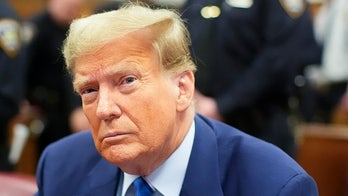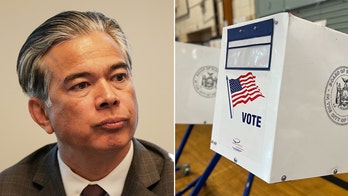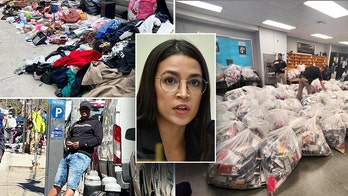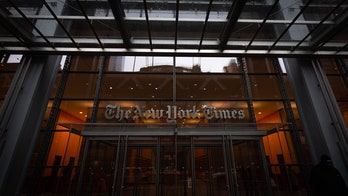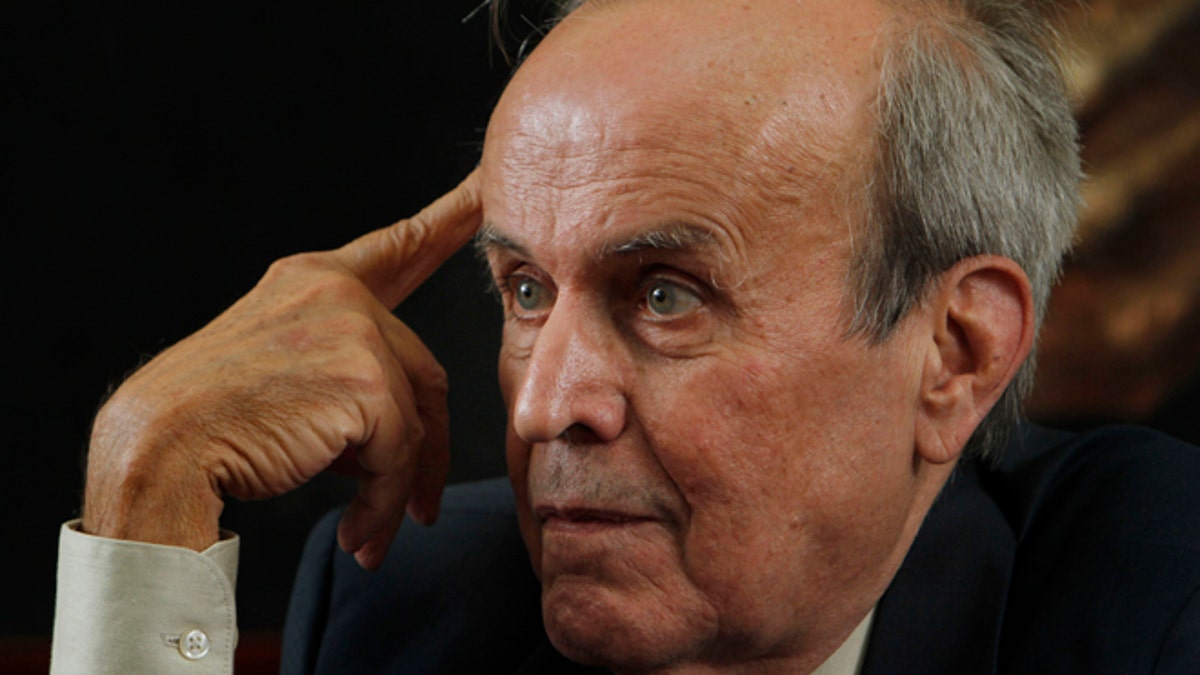
Ricardo Alarcon, long one of the highest ranking officials in the Cuban government. (AP)
Out with old, in with the new?
That could describe the removal of some of the Cuban Communist Party's stalwarts.
Cuban President Raul Castro on Tuesday announced the removal of former Parliament chief Ricardo Alarcon and several other leaders from the Communist Party's powerful Central Committee.
In comments broadcast on state-television Tuesday, Castro made clear that those leaving the 118-strong committee had not made any mistakes or committed any crimes.
He said they were moving on in the normal course of events.
"This door leads out, without it constituting any demerit," Castro said. He spoke at a previously unannounced meeting of the Central Committee.
Alarcon, 76, was one of Cuba's most visible politicians and the point person for relations with the United States. He stepped down as parliament chief in February.
Among the others removed were Jose Miguel Miyar Barruecos, 81, who was secretary of the Council of State for three decades, and Misael Enamorado, 60, the party chief in Santiago de Cuba.
Castro hinted at a changing of the guard in his government earlier this year.
In accepting a new presidential term in February, the 81-year-old Castro announced that it would be his last. He said he would retire in 2018. It's been more than 54 years since someone not named "Castro" led Cuba, and it will likely be five more.
As part of his announcement, Castro tapped a rising young star, Miguel Diaz-Canel, to be his top lieutenant and possible successor.
As the new first vice president of the ruling Council of State, the 52-year-old Diaz-Canel is now a heartbeat from the presidency and has risen higher than any other Cuban official who didn't directly participate in the heady days of the 1959 revolution.
In his 35-minute speech where he spoke of retirement, Castro hinted at other changes to the constitution, some so dramatic that they will have to be ratified by the Cuban people in a referendum.
Still, he scotched any idea that the country would soon abandon socialism, saying he had not assumed the presidency in order to destroy Cuba's system.
"I was not chosen to be president to restore capitalism to Cuba," he said. "I was elected to defend, maintain and continue to perfect socialism, not destroy it."
Washington and Havana have not had full diplomatic relations for over five decades, and most commerce between the two countries is outlawed by the U.S. economic and financial embargo against Cuba.
Last month, the United States and Cuba began negotiations on restarting direct mail service, which has been suspended since 1963. The State Department announced it would resume bilateral talks on migration issues this month.
Both sets of talks have been on hold in recent years in a dispute over the fate of U.S. government subcontractor Alan Gross, who is serving a 15-year jail sentence in Havana after he was caught bringing communications equipment onto the island illegally.
The migration talks will be held in Washington on July 17. The State Department official, who was not authorized to discuss the matter publicly, spoke on condition of anonymity.
"Representatives from the Department of State are scheduled to meet with representatives of the Cuban government to discuss migration issues," the official said, adding that the talks were "consistent with our interest in promoting greater freedoms and respect for human rights in Cuba."
The Associated Press contributed to this report.
Follow us on twitter.com/foxnewslatino
Like us at facebook.com/foxnewslatino

